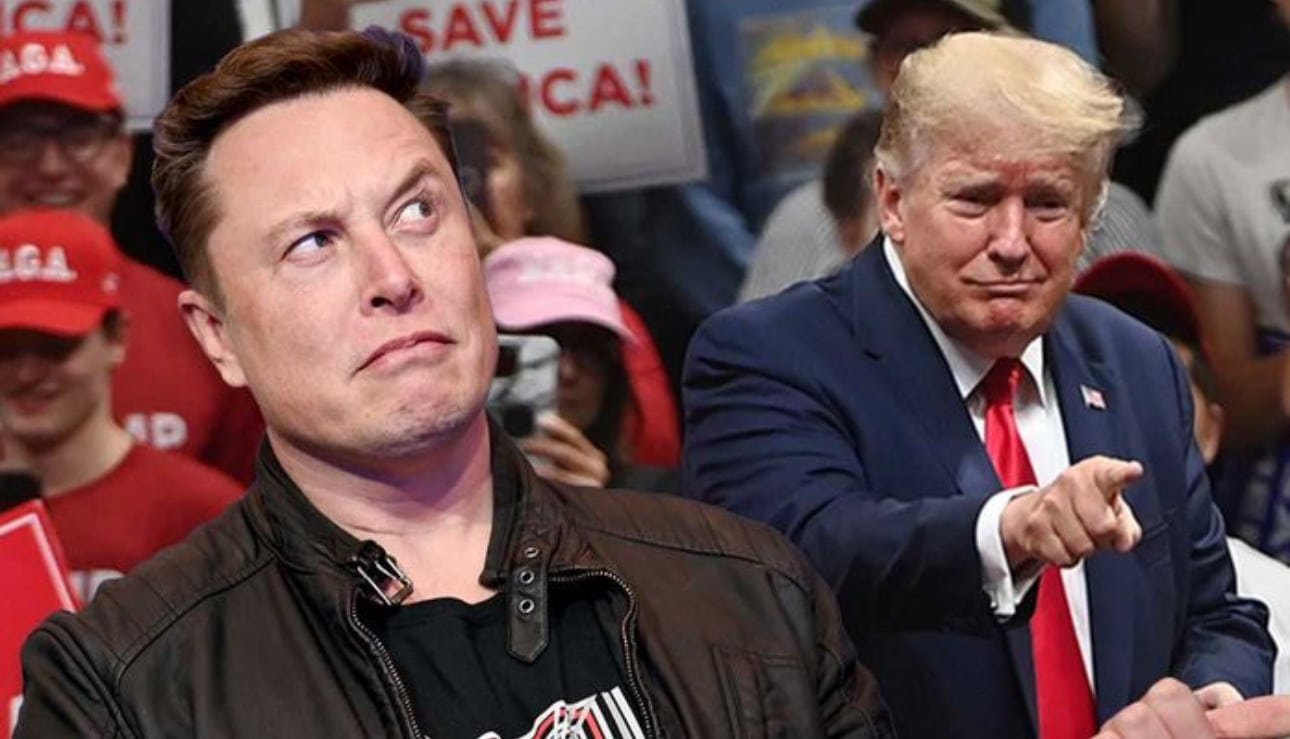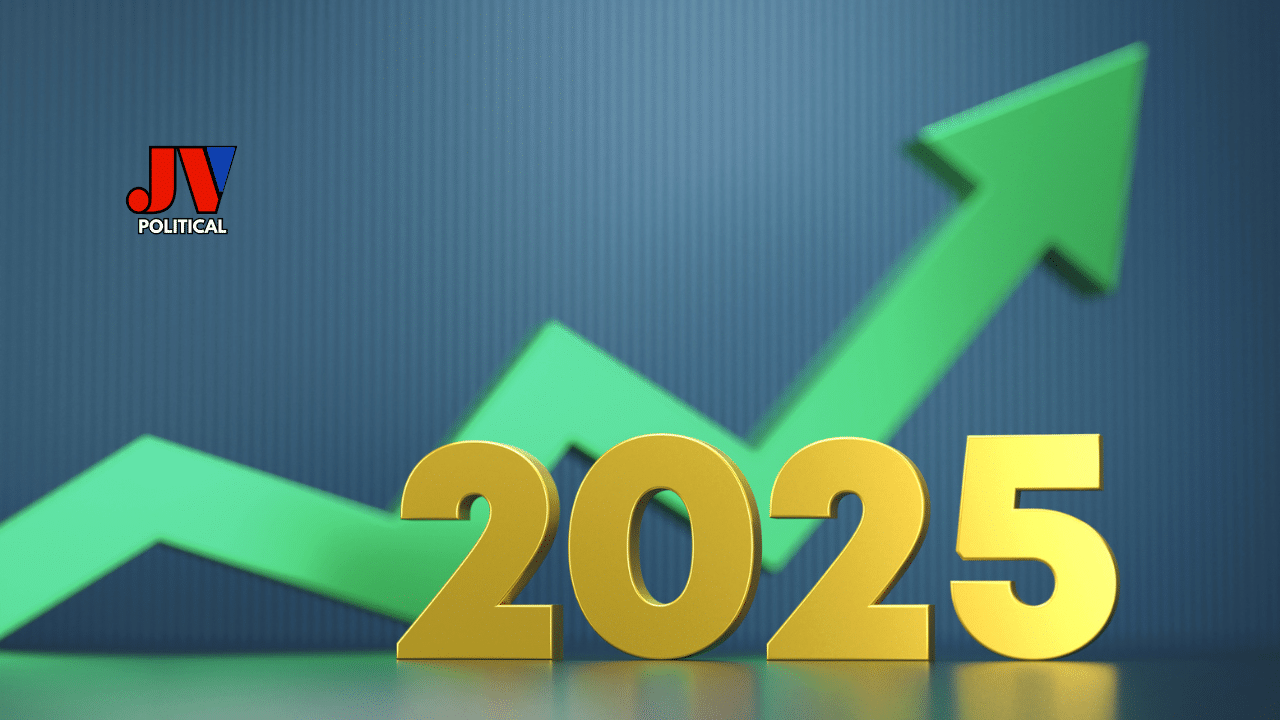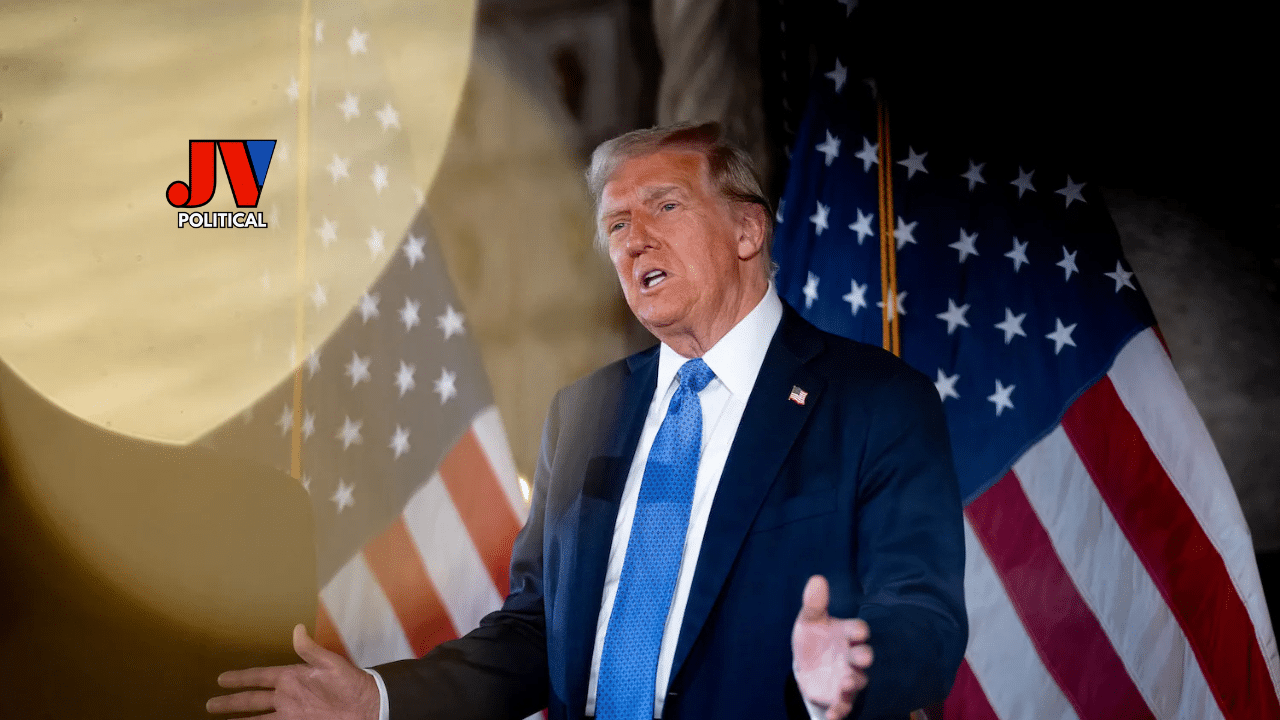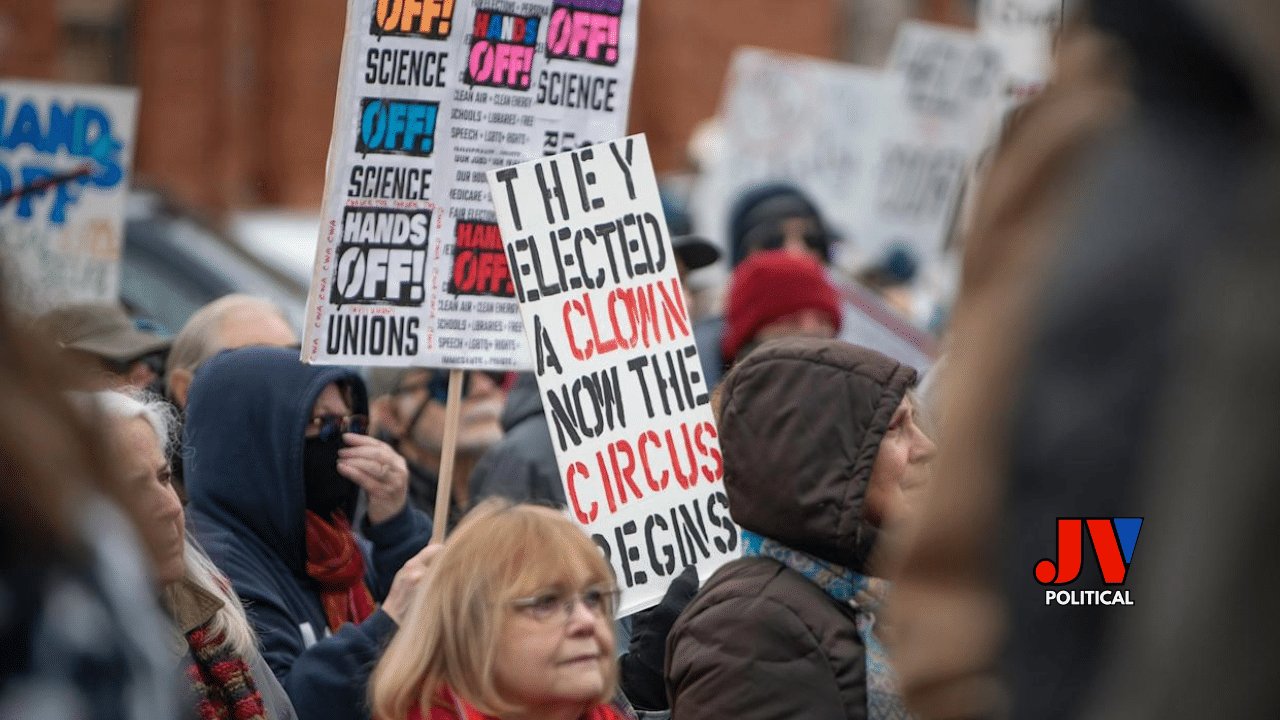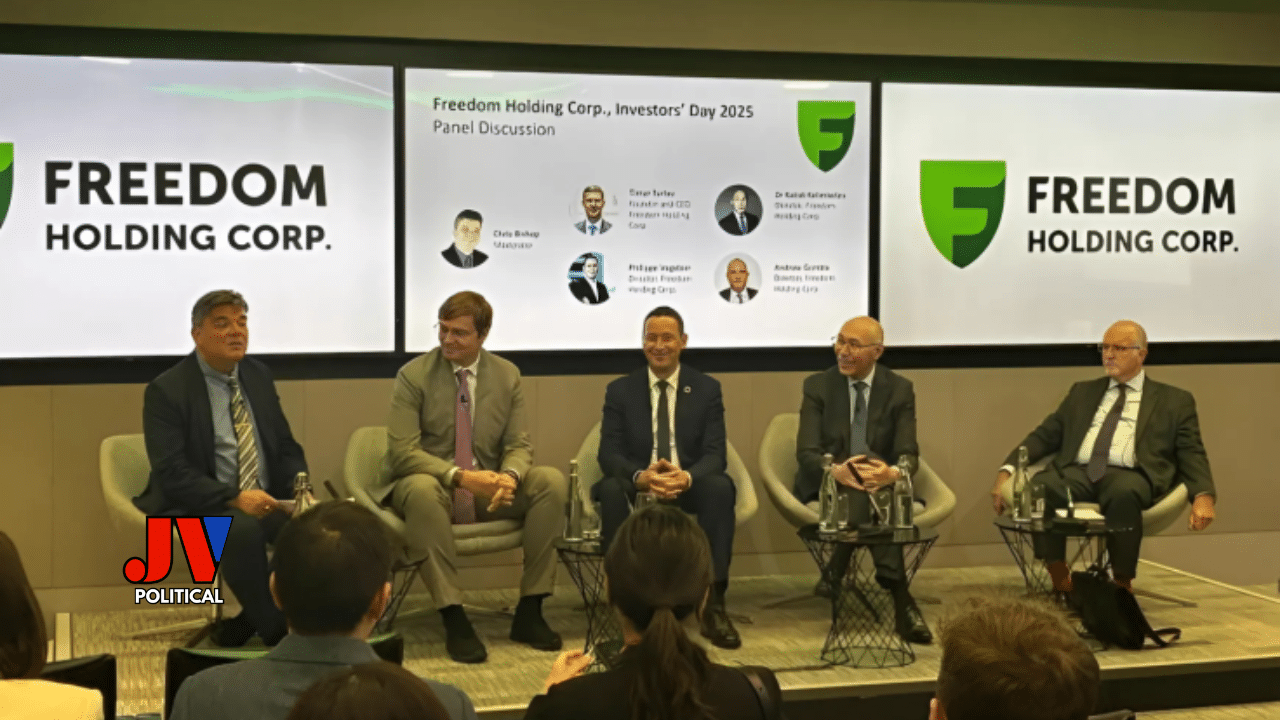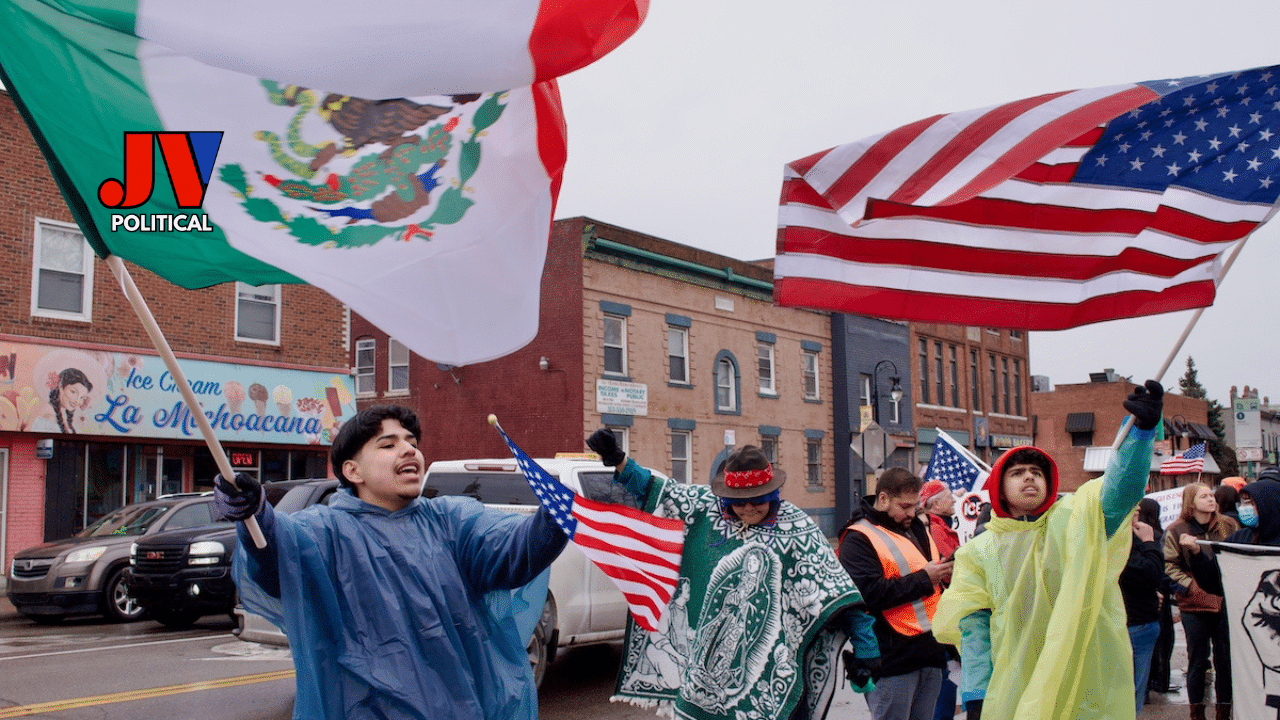Judge Denies Union Demand to Block DOGE’s Labor Data Access
A recent court ruling has caused a stir in the labor world. A federal judge refused a union’s request to stop DOGE from getting Labor Department data. This decision is a big win for transparency and worker rights.
We’re here to tell you about the court’s decision on labor data access. The American Federation of Labor and Congress of Industrial Organizations (AFL-CIO) sued over this issue. U.S. District Judge John Bates said the AFL-CIO didn’t have the right to block DOGE’s access.
Breaking News: Federal Judge’s Landmark Decision on Labor Data Access
The AFL-CIO worried that DOGE might use secret data from investigations. They also feared it could harm the financial markets. We’ll look into how this ruling affects the labor world and the benefits and risks of DOGE’s access.
Key Takeaways
- The federal judge denied the union’s demand to block DOGE’s access to Labor Department data, marking a significant setback for the labor union in its legal dispute.
- The decision has far-reaching implications for labor relations and data transparency, and we believe it upholds the principles of transparency and worker empowerment.
- The AFL-CIO claimed that DOGE’s access could allow Musk to obtain non-public information from investigations involving his companies.
- The union expressed concern that DOGE might misappropriate non-public Bureau of Labor Statistics data, impacting financial markets.
- The judge’s decision to deny the union’s demand to block DOGE’s access to Labor Department data will have significant implications for the labor community and the future of labor data access.
- We will continue to provide updates and analysis on the judge’s decision and its impact on the labor landscape, including the potentials risks and benefits of DOGE’s access to Labor Department data.
- The labor union’s legal dispute with DOGE will likely continue, and we will follow the developments and provide insights on the implications for labor relations and data transparency.
Breaking News: Federal Judge’s Landmark Decision on Labor Data Access
The recent court ruling is a big step for labor relations. It shows how important it is to have clear and open labor data. This move shows our dedication to following the rules and making sure everyone has access to the data they need.
The judge’s decision will change how we handle labor relations. We’re excited to dive into the details of this important ruling. Some key points to think about include:
- More access to labor data for government agencies and others
- Being more open and following the rules better
- Protecting workers’ rights by making better decisions
As we look ahead, we must think about how this ruling will affect labor and data access. We’ll keep an eye on things and share any updates.
| Category | Impact |
|---|---|
| Labor Relations | Improved transparency and access to labor data |
| Regulatory Compliance | Enhanced compliance through increased access to labor data |
| Government Data Access | Increased access to labor data for government agencies and other stakeholders |
Understanding the Union’s Original Demand to Block DOGE’s Access
We aim to explain the union’s original demand and its reasons. The labor union wanted to block DOGE’s access to labor department data. They were worried about data privacy and the misuse of labor data. This worry is valid because giving out sensitive information could harm workers’ rights.
The union wanted to protect workers from being exploited. They wanted to make sure their personal data wasn’t used wrongly. Looking into the union’s view, it’s clear they mainly worried about data access denial. They wanted to keep workers’ data safe from misuse.
Some important points to think about are:
- The labor union’s worries about data privacy and misuse of labor data
- The labor department’s decision to share sensitive information and its effects
- The data access denial and the union’s efforts to protect workers
By looking at the union’s original demand, we understand the issue better. The labor department decision to share sensitive information affects workers’ rights. It also impacts the labor union’s work to protect them.
| Concerns | Union’s Stance | Potential Consequences |
|---|---|---|
| Data Privacy | Protect workers from exploitation | Misuse of labor data |
| Labor Department Decision | Safeguard workers’ interests | Implications for workers’ rights |
| Data Access Denial | Prevent misuse of labor data | Effects on labor union’s efforts |
Judge Denies Union Demand to Block DOGE’s Access to Labor Department Data: Analysis of the Verdict
The labor department decision is a big deal in politics and political news. The court’s ruling changes how the government and labor unions work together. The judge looked closely at the union’s request and the law’s meaning.
This case is full of politics. But, we see the labor department decision as a win for openness in government. The court’s choice shows they support open government and political news.
Legal Basis for the Decision
The court looked at the laws about labor department data carefully. We think the labor department decision is a big deal in politics and political news. It affects how government and labor unions work together.
Constitutional Implications
The ruling has big implications for power between government and labor unions. Thinking about the labor department decision means looking at the bigger politics picture and political news.
Labor Department’s Role and Data Access Policies
The Labor Department is key in making sure labor relations are open and fair. Their data access rules help make smart choices while keeping some info private. A recent labor department decision to share some data has raised questions about openness and secrecy.
The Labor Department faces tough rules to keep sensitive info safe. They protect the identities of whistleblowers and keep worker complaints private. Here’s a look at their data access policies:
| Data Type | Access Level | Confidentiality |
|---|---|---|
| Bureau of Labor Statistics data | Restricted | High |
| OSHA investigation data | Limited | Medium |
| Worker complaint data | Confidential | High |
Looking ahead, we need to think about how labor department decision affects labor relations and government data access. We must keep a balance between sharing info and keeping it private. This ensures workers’ rights and fair labor relations.
Impact on Worker Rights and Union Operations
The court’s decision has big effects on worker rights and union operations. It changes the balance of power between employers and employees. The American Federation of Labor and Congress of Industrial Organizations (AFL-CIO) fights for worker rights and union operations.
Changes to Information Access
The court’s decision might change how we access information. It could make worker complaints about safety public. This could lead to problems in financial markets.
We need to think about how this ruling affects labor and worker rights.
Union Response Strategies
Unions might change their plans to protect worker rights and operations. They could talk to employers about keeping information safe or push for new laws. The AFL-CIO and other unions will be key in responding to this ruling.
Worker Protection Measures
To protect workers, we need to take steps. We could make worker complaints anonymous or limit who sees sensitive info. These actions help keep worker rights and union operations safe.
Political Ramifications and Stakeholder Reactions
We are seeing a big change in politics with the court’s decision. It has caused strong reactions from many groups. The political news today is full of talks about what this means, and conservative news is sharing its views.
This ruling will affect labor relations and how politics influences labor laws. As we explore this new area, keeping up with political news today and conservative news is key.
Some important things to think about are:
- The court’s choice has big effects on labor and politics in making labor laws.
- Many groups are reacting strongly, with some seeing it as a win for workers and others as too much government power.
- This decision will likely change the political news today and conservative news for a long time. It could affect future elections and laws.
Looking ahead, we must think about what this decision means for labor and politics in our country. By staying informed and involved, we can help make a better future for everyone, no matter their political views.
| Category | Implications |
|---|---|
| Labor Relations | Significant implications for labor relations and the role of politics in shaping labor policy. |
| Political News | The decision is likely to have a lasting impact on the political news today and conservative news landscape. |
Future Implications for Labor Relations and Data Transparency
The court’s decision will change how we see labor relations and data transparency. It’s key to think about how this affects labor relations and the need for data transparency in fair labor practices.
This news has shocked the labor world, making everyone wonder about the future of labor relations. As we move ahead, understanding the influence of trump and maga on labor policy is vital. It will impact data transparency greatly.
Expected Appeals Process
The appeals process is expected to be complex and heated. Both sides will argue strongly. The labor community will watch it closely. It will greatly affect labor relations and data transparency.
Potential Legislative Changes
Legislative changes could also significantly impact labor relations and data transparency. We must consider these changes’ effects on the labor world.
Conclusion: A New Chapter in Labor Data Accessibility
The federal court’s landmark decision is a big change in labor data access and transparency. It lets DOGE see labor department data, which means more accountability and smart choices in labor relations. This ruling will help workers, unions, and employers understand the industry better.
We’re entering a new era where labor data is more open. This openness helps everyone make better decisions and work together. It’s a step towards a fairer labor market. By working together, we can protect workers better, improve union work, and follow rules more closely.
FAQ
What was the key decision made by the federal judge regarding DOGE’s access to Labor Department data?
What were the immediate impacts of the judge’s ruling on stakeholders?
What were the union’s original concerns that led to their demand to block DOGE’s data access?
What was the legal basis for the judge’s decision to deny the union’s demand?
How does the Labor Department’s role and data access policies factor into this decision?
What are the possible effects of this decision on worker rights and union operations?
What are the possible political ramifications of the court’s decision?
What are the expected future implications of the court’s decision?
Source Links
- U.S. judge rules against blocking Elon Musk’s DOGE from Labor Department systems amid union concerns over government oversight and data access
- ‘CFPB RIP’: Musk and Trump’s plans to shrink an agency that cracks down on medical debt and overdraft fees are underway
- Abbreviated Pundit Roundup: When the presidency is all kayfabe (except for the destruction)
- Thirteen Arrests in One Year
- Trump makes gaffe during press conference with Japan’s PM; revokes Biden’s security clearance: Live updates
- Techmeme
- Inside the Mystery of Girl Who Vanished from Her Mom’s Home — Then Reappeared 700 Miles Away, 22 Years Later
- Trump is gutting an agency that his daughter once championed
- Richard Branson locked out of railways in battle to secure state control
- Critical Waste Issues for the 119th Congress
- Child protection group is told to comply with Trump’s gender order.
- EXCLUSIVE: Leaked messages show chaos at USAID as HR staff dealing with employee exits are placed on administrative leave
- The Menendez Brothers’ Therapist Dr. Oziel Did Not Appear in the Netflix Documentary
- Trump Cabinet Confirmation Hearings: Schedule & How to Watch



